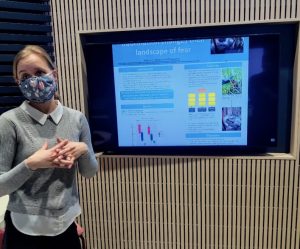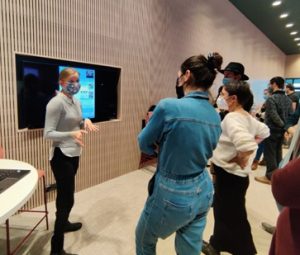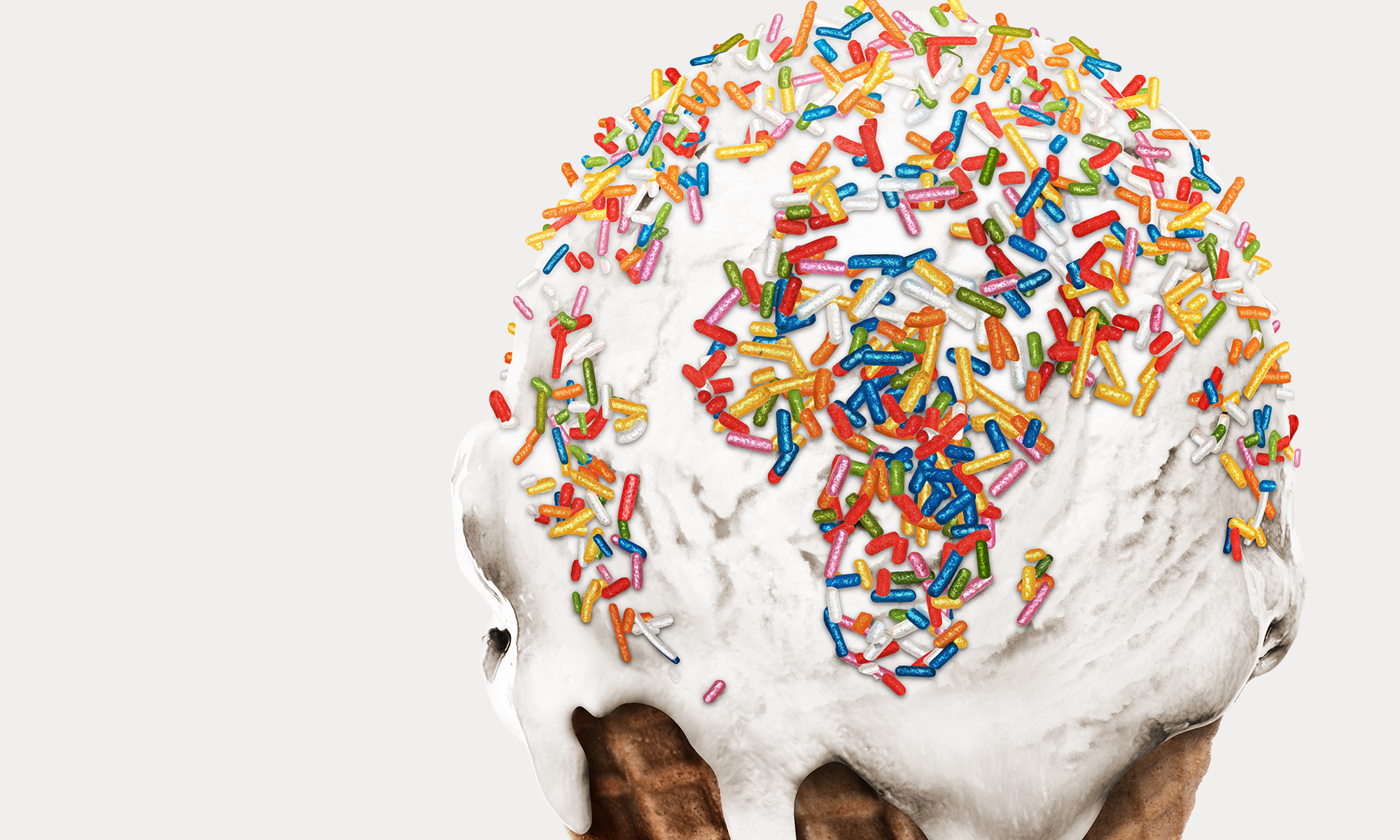What an experience!
Truly the HiLIFE traineeship period has given me so much, not only in experiences but in chances to grow and develop as a person. I have managed to collect behavioural data on reed warbler incubation (see my previous post, on to fear or not to fear) and submit my thesis for evaluation. Although in the researching world there is always something that can be polished off and rewritten, I am confident in the quality and standard of my work, thanks to the invaluable help from my supervisor and the research team. What amazed me the most was how helpful and willing others were to answer my questions, take time off their busy schedule to help me and provide me with constructive critique that helped me develop as a young researcher. These last months have left me a lot richer in skills and experiences.

During the last months, I had the chance to present my work in several varying setting with a changing audience and style of presentation. Although I managed to create interactive and engaging power points targeting different audiences, I must say the highlight was the poster session I got to attend. This was a part of the LUOVA Spring Symposium, organized by doctoral students, focusing on the research in ecology, evolutionary biology, and conservation. Here I presented my work to a wide audience, from fellow students to foreign researchers. The questions and constructive feedback I received helped me dive deeper into my work, and I could see new ideas taking shape through conversations I had with others. The cherry on top of the cake was that this gave me the opportunity to form new connections and network in the researching world, as well as glimpse at the current biology research that is carried out at the University of Helsinki.

Although research is very individual based work and stems from personal interests, I learned the importance of sharing differing perspectives and ideas through conversation. As one starts to dive deeper into a topic, it may be harder to see the broader questions that arise from the work at hand. Discussing with others and brainstorming the overall impact of the topic provides a broad umbrella that allows the work to be applicable for several different research questions, as well as allows others to take the key aspects into account within their own research. This forms a web of support for the current research at hand. I am thankful to have been a part of a research group with individuals from various backgrounds, that provided diverse ideas and opinions that helped me build my research into the landscape of fear concept. As a young researcher, the help and support of experienced researchers is critical to navigate the field full of emerging questions. An extra special thank you for this to my supervisor, Rose Thorogood.
A couple of days ago an old professor told me that a few decades ago, research, particularly in birds, used to be dominated by one researcher. This meant that one researcher specialized on one species, and it was frowned upon if somebody wanted to study that species individually. I was surprised at this, and we had a very interesting discussion on why this was the case. We both agreed that research becomes richer the more people look at a similar species (or question) from their own personal angle. This provides more ideas and opportunities to form a diverse understanding of why we see what we see in nature. I really feel that my traineeship has allowed me to see this richness through working in a research group.
Having had the chance to watch experts within their fields navigate research topics, I realize there is a vast ground of knowledge to be consumed. I feel that some of these skills can be best gained in the working world, to understand what data is already existing and waiting to be analysed and pondered upon. We are very lucky to live in a society where the government supports museums and the upkeep of long-term data sets. However, these need to be actively utilized and inspected to determine what type of research is most beneficial for conserving nature and the ecosystem. I am ever so thankful for the HiLIFE traineeship that has supported me and my journey in experiencing the researching world. I hope that in my future, I can continue in the researching world and maybe even provide support to other young researcher someday, as I have been supported by the professors at the University of Helsinki and financially by HiLIFE.
